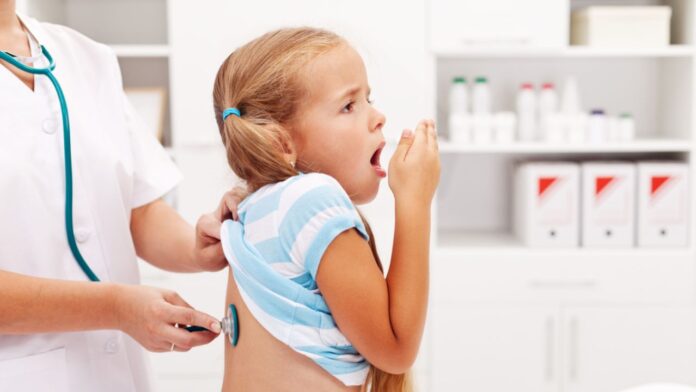A resurgence of whooping cough outbreaks has sparked concern among health authorities worldwide, particularly due to its prevalence among children and infants. This highly contagious bacterial infection, caused by Bordetella pertussis, spreads through respiratory droplets released during coughing or sneezing.
Prevention measures include vaccination with DTaP for children and Tdap for adults, alongside practicing good hand hygiene, covering coughs and sneezes, and avoiding close contact with sick individuals.
Vaccination stands as the most effective preventive measure against whooping cough. DTaP vaccines are administered to infants and young children in multiple doses, starting at 2 months of age, while boosters are recommended for adolescents and adults. Pregnant women are encouraged to receive the Tdap vaccine between 20 and 32 weeks to pass on antibodies to their unborn child, providing protection after birth.
Treatment typically involves antibiotics, hydration, rest, and symptom management. Additionally, wearing masks and administering post-exposure antimicrobial prophylaxis to close contacts within 21 days of the index patient’s cough onset are recommended. It’s advisable to keep children suspected of having or diagnosed with whooping cough away from school, daycare, or gatherings.

 हिंदी
हिंदी






